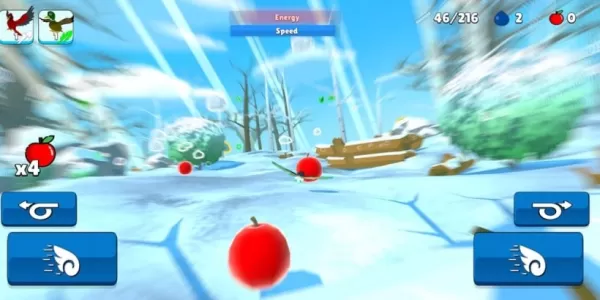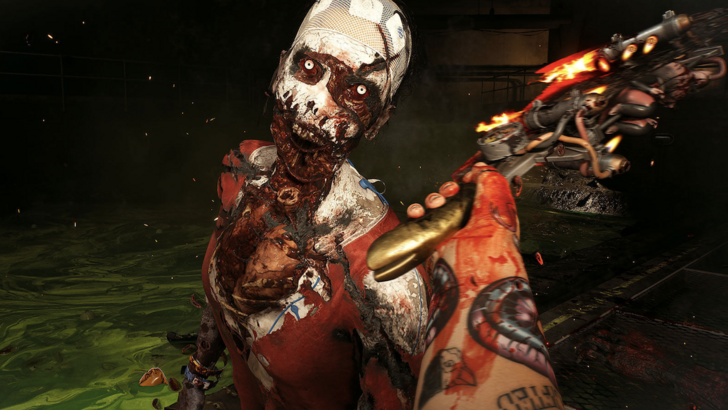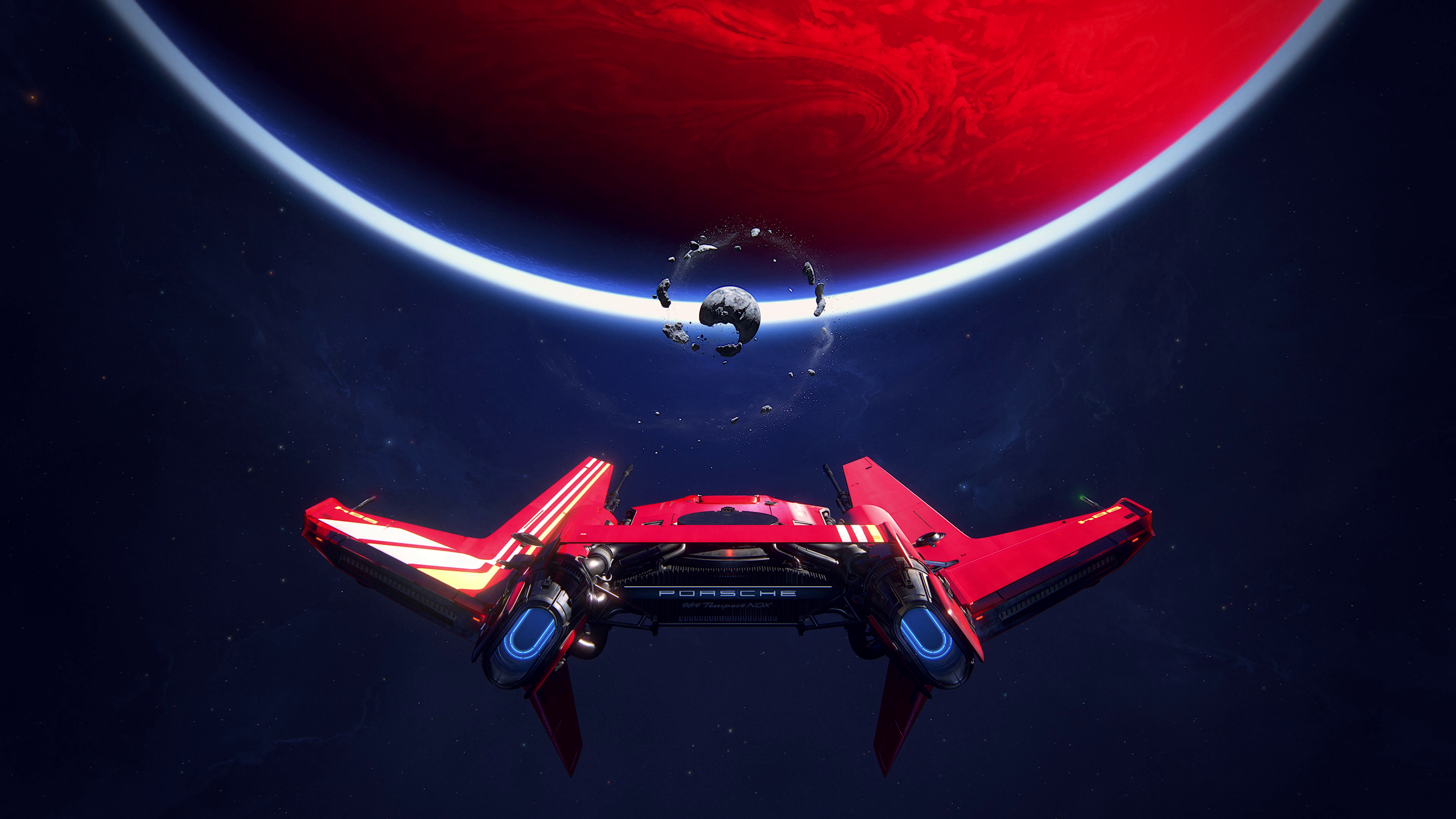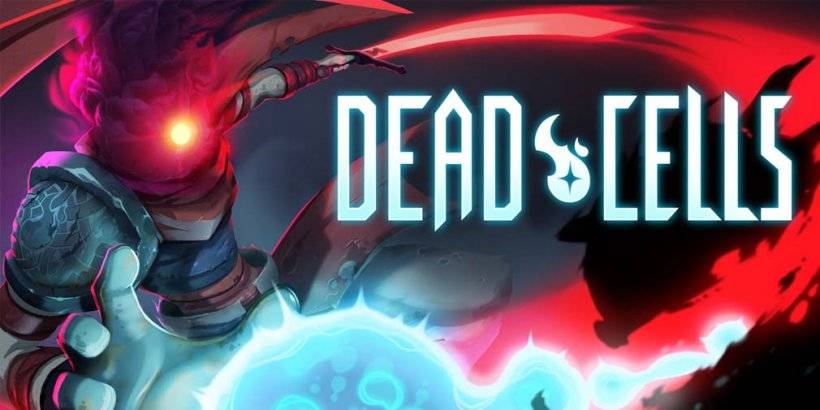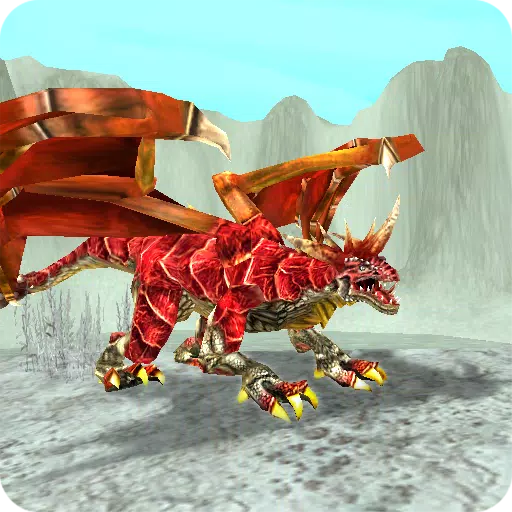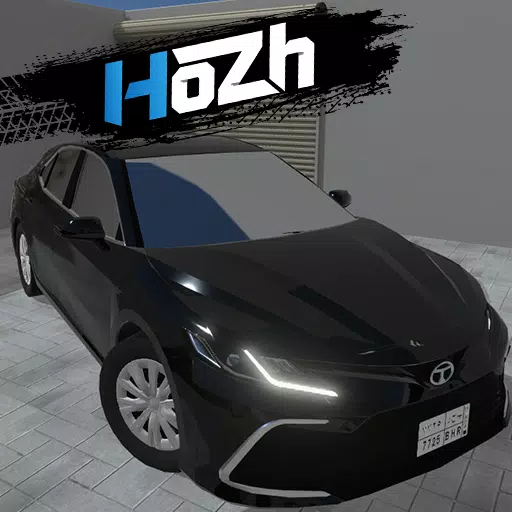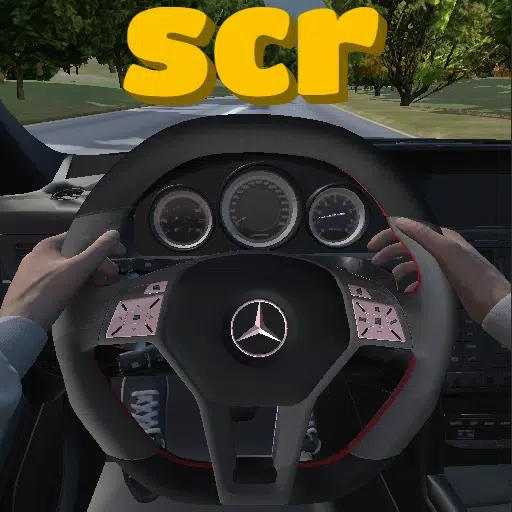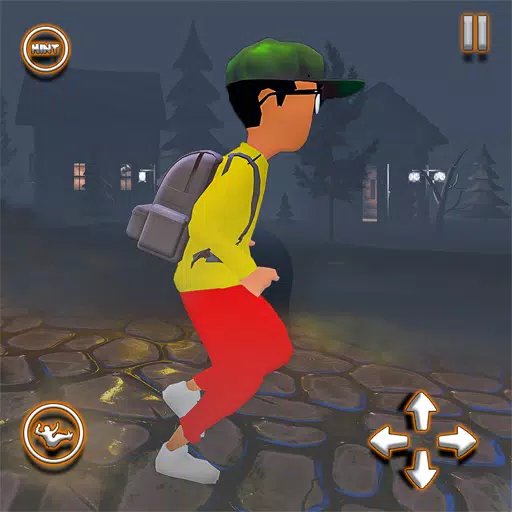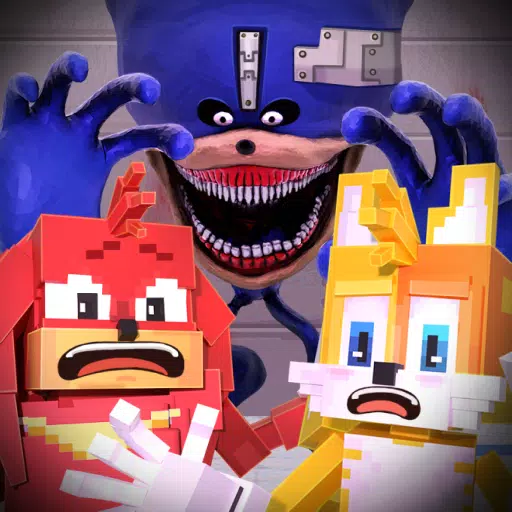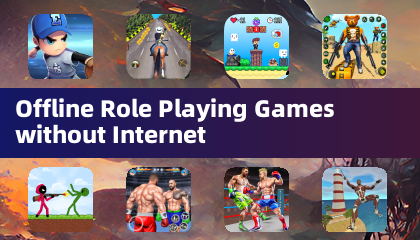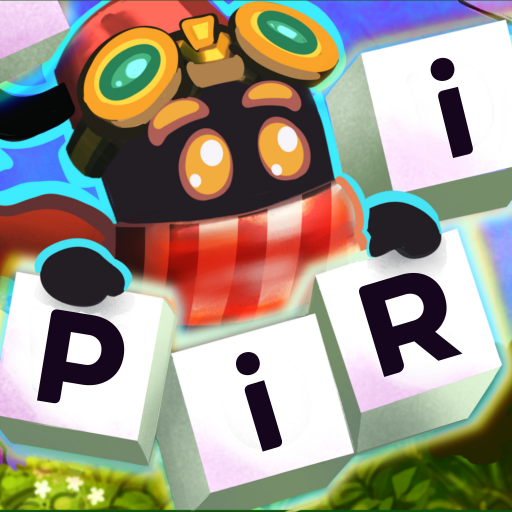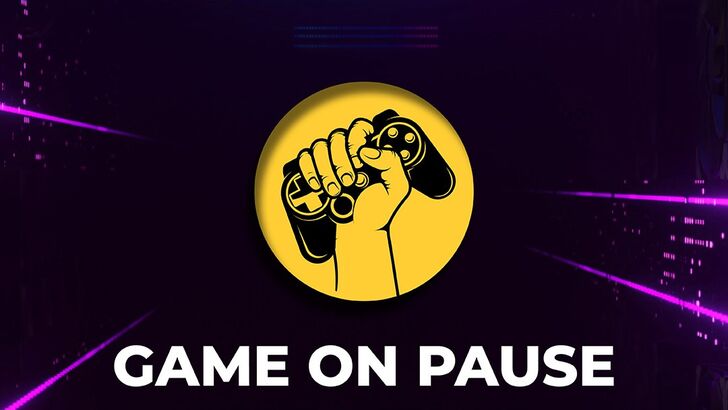 The video game industry faces potential upheaval as SAG-AFTRA, the union representing voice actors, has authorized a strike against major game developers. This action highlights a crucial battle over fair wages, worker safety, and the ethical implications of artificial intelligence in performance capture.
The video game industry faces potential upheaval as SAG-AFTRA, the union representing voice actors, has authorized a strike against major game developers. This action highlights a crucial battle over fair wages, worker safety, and the ethical implications of artificial intelligence in performance capture.
SAG-AFTRA Authorizes Strike: A Fight for AI Protections and Fair Labor
SAG-AFTRA's Announcement
On July 20th, SAG-AFTRA's National Board unanimously empowered its National Executive Director to call a strike if necessary. This strike would affect all services under the Interactive Media Agreement (IMA), halting work on numerous projects. The central issue is securing robust protections against the unchecked use of AI in voice acting.
National Executive Director Duncan Crabtree-Ireland stressed the union's unwavering determination, stating that the overwhelming support (over 98%) for strike authorization underscores the urgency for fair contracts, particularly regarding AI usage. The union champions its members' contributions to the success of popular video games and emphasizes the dwindling time for a resolution.
Key Issues and Industry-Wide Impact
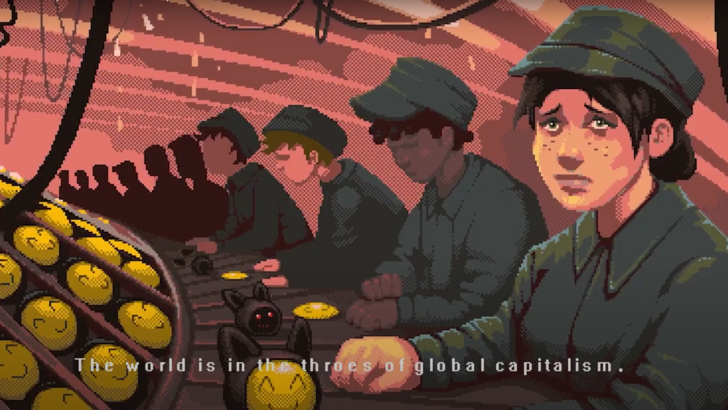 The potential strike stems from concerns over AI's unregulated use in voice acting and performance capture. Currently, actors lack legal protection against AI replication of their likenesses and performances. SAG-AFTRA advocates for fair compensation for AI usage, even if actors consent, along with clear guidelines for its implementation.
The potential strike stems from concerns over AI's unregulated use in voice acting and performance capture. Currently, actors lack legal protection against AI replication of their likenesses and performances. SAG-AFTRA advocates for fair compensation for AI usage, even if actors consent, along with clear guidelines for its implementation.
Beyond AI, the union seeks wage increases to match inflation (11% retroactive increase and 4% raises in subsequent years), improved on-set safety measures (including mandatory rest periods, on-site medics for hazardous work, vocal stress protections, and eliminating stunt requirements in self-taped auditions).
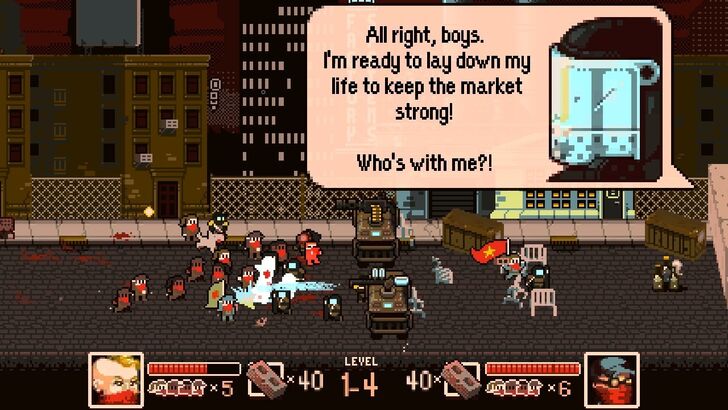 The potential strike's impact is uncertain, although it could disrupt various stages of game production. Unlike film and television, video game development spans years, so the effect on release dates remains unclear, though production timelines could certainly be affected.
The potential strike's impact is uncertain, although it could disrupt various stages of game production. Unlike film and television, video game development spans years, so the effect on release dates remains unclear, though production timelines could certainly be affected.
Companies Involved and Their Responses
The strike targets ten major companies: Activision Productions Inc., Blindlight LLC, Disney Character Voices Inc., Electronic Arts Productions Inc., Epic Games, Inc., Formosa Interactive LLC, Insomniac Games Inc., Take 2 Productions Inc., VoiceWorks Productions Inc., and WB Games Inc.
Epic Games has publicly supported SAG-AFTRA's position, with CEO Tim Sweeney tweeting his opposition to game companies receiving generative AI training rights from voice recordings. Other companies have yet to publicly comment.
A History of Conflict
 This conflict's roots lie in September 2023 when SAG-AFTRA members overwhelmingly (98.32%) authorized a strike ahead of contract negotiations. Negotiations have stalled, despite an extension of the previous contract (expired November 2022).
This conflict's roots lie in September 2023 when SAG-AFTRA members overwhelmingly (98.32%) authorized a strike ahead of contract negotiations. Negotiations have stalled, despite an extension of the previous contract (expired November 2022).
The current dispute echoes a 2016 strike lasting 340 days, which focused on base pay, health and safety, and residuals. While that strike resulted in a compromise, many members remained unsatisfied.
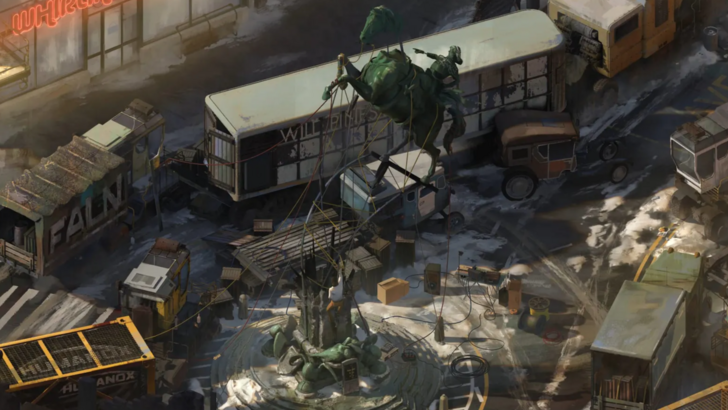 Further complicating matters is a January 2024 deal with Replica Studios, an AI voice provider, which allowed members to license their voices to AI and caused significant internal dissent within the union.
Further complicating matters is a January 2024 deal with Replica Studios, an AI voice provider, which allowed members to license their voices to AI and caused significant internal dissent within the union.
This authorized strike represents a critical juncture in the ongoing fight for fair labor practices in gaming. The outcome will significantly impact AI's role in performance capture and the treatment of video game performers. The rapid advancement of AI necessitates safeguards to protect individuals and ensure AI enhances, not replaces, human creativity. The potential consequences highlight the urgent need for a fair and equitable resolution.

